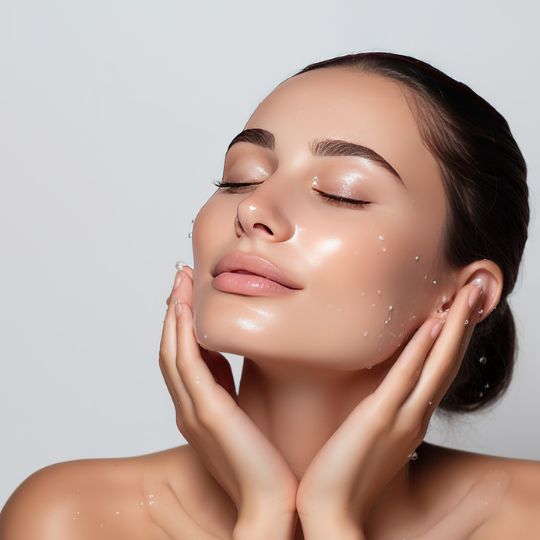IS VITAMIN D ESSENTIAL FOR OUR HEALTH?
YES!
Vitamin D is essential and essential for our health.
Extremely rich vitamin, it is essential for our teeth ,our bones, our heart, it strengthens our immune system, and would also have properties against certain diseases, in particular
It acts at the level of the intestinal tract and kidneys; it is there to absorb calcium and phosphorus and allow it to attach to the bones. In other words, it is involved in bone growth.
A vitamin D deficiency could cause problems with rickets in children and problems with bone loss in adults with a increased risk of fracture. In summary, it has a protective effect on bone tissue at any age.
This is why, during early childhood, a sufficient quantity is essential! Babies particularly need vitamin D because it is during early childhood that bone strength is acquired, it plays an essential role in the growth of the baby.
In adults too, it is essential to avoid osteomalacia. It decreases the risk of osteoporosis.

WHAT ARE THE BENEFITS OF VITAMIN D?
It has many qualities and functions. There are vitamin D receptors all over the body:
- at the cardiovascular level: it would significantly reduce the risk of cardiovascular disease.
- at the level of the muscles: it stimulates the muscles from inside the cells.
- at the neuronal level .
- at the level of the pancreas.
- a large number of studies suggest that it would participate in the prevention of certain cancers
- it has effects on our immune system on infectious diseases and on autoimmune diseases, type 1 diabetes, multiple sclerosis.
- Vitamin D helps to support testosterone levels
Unfortunately, studies have shown that almost 80% of adults lack it, especially at the end of winter.
BUT HOW TO FILL THIS LACK WHICH SEEMS TO CONCERN A LARGE PART OF US?

For that, let's first look at its origins, where does this miracle vitamin come from?
1.Vitamin D is produced by our body
Good news, or almost! This vitamin is produced by our body itself, at the level of the skin, when we are exposed to the sun.
It is therefore recommended to expose yourself to the sun (face, hands and forearms) for 10 to 15 minutes, between 11 a.m. and 2 p.m., two to three times a week.
Unfortunately, we are not all equal and do not all benefit from the same weather conditions depending on the city where we live.
People living in cities where the sun is scarce, as well as the elderly, orpeople working at night, who do not go out much during the day must be particularly vigilant not to lack vitamin d and therefore must pay particular attention to their intake from food, the second source of vitamin d.
2.Vitamin D is found in food
What foods should you eat?
- Cod liver oil
- Canned cod liver
- Combined oil (mixture of 4 oils) enriched with vitamin D
- Smoked or grilled herring
- Fried mackerel or grilled sardines
- Cooked salmon
- Natural canned tuna
- Cot cheese or natural yoghurt enriched with vitamin D
- Cooked hake
- Cooked veal liver
- Emmental
- Egg
- Cooked roast veal
- Camembert, Livarot, cheese from the Pyrenees
- Butter
- Cooked heifer's liver
- Cooked Pork Chop
- Milk fortified with vitamin D
3Vitamin D supplementation
If the sun is rare in your area and ifcod liver oil is not your cup of tea, take the vitamin in the form of food supplements can be much less restrictive and can also be an excellent alternative to cover your vitamin d needs.
Our product #69ENERGY&PER contains 4.8 µg of vitamin D the equivalent of 96% of the daily intake.

 Made in France
Made in France 







